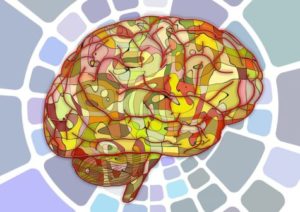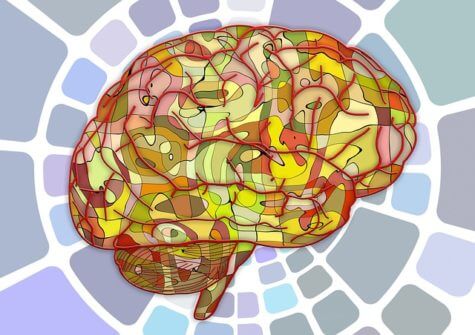SAN FRANCISCO — Self-control is a virtue, but a new study finds that we actually have less ability to control our own thoughts, and consequently our actions, than we might believe.
Researchers from San Francisco State University say information can creep into our subconscious and potentially change the course of our thoughts, decisions, and actions — whether we try to keep it our or not.

To test the strength of the subconscious, the study’s authors recruited 35 students from the university to take part in two experiments. In the first, students were shown a group of objects and explicitly told beforehand to not count them. Nonetheless, 90 percent of the participants wound up counting them involuntarily. The students were then shown a variety of shapes that came in different colors and told they could either name the colors, or count the shapes. Despite the clear instructions, 40 percent of the participants wound up counting shapes and naming colors anyway.
Researchers say that when we become consciously aware of information, our brain refers to “action sets” to make decisions about what to do next. “For example, ‘when I see a mailbox, I must deposit the letter that I am carrying,'” the researchers explain. In the study, seeing the colors represents one set, while the number of shapes is another. Your subconscious may still use information from the sets even when we consciously attempt to instruct ourselves to ignore that information.
“The data support the view that, when one is performing a desired action, conscious thoughts about alternative plans still occupy the mind, often insuppressibly,” explains study co-author Ezequiel Morsella, an associate professor of psychology at the university, in a release.
The researchers say their experiments prove that activating sets in people and infiltrating the conscious mind — what they refer to as the brain’s “prime real estate” — doesn’t require much effort.
“Our conscious mind is the totality of our experience, a kind of ‘prime real estate’ in the cognitive apparatus, influencing both decision-making and action,” says Morsella. “The research shows that stimuli in the environment are very important in determining what we end up thinking about and that once an action plan is strongly activated its many effects can be difficult to override.”
The full study was published June 21, 2018 in the journal Frontiers in Psychology.

Yes, discourage all efforts at self-improvement.
SF State research at it’s finest! Award a thousand PhD’s! A whole new branch of science is born! by inference! Undocumented ( very CA PC ) unsubstantiated ( very ant-i-sci ) and popular rationalization to defer responsibility for all types amoral behavior ( very SF).
My sentiments, exactly! Total BS. It takes a little bit of effort, but you can control your thoughts.